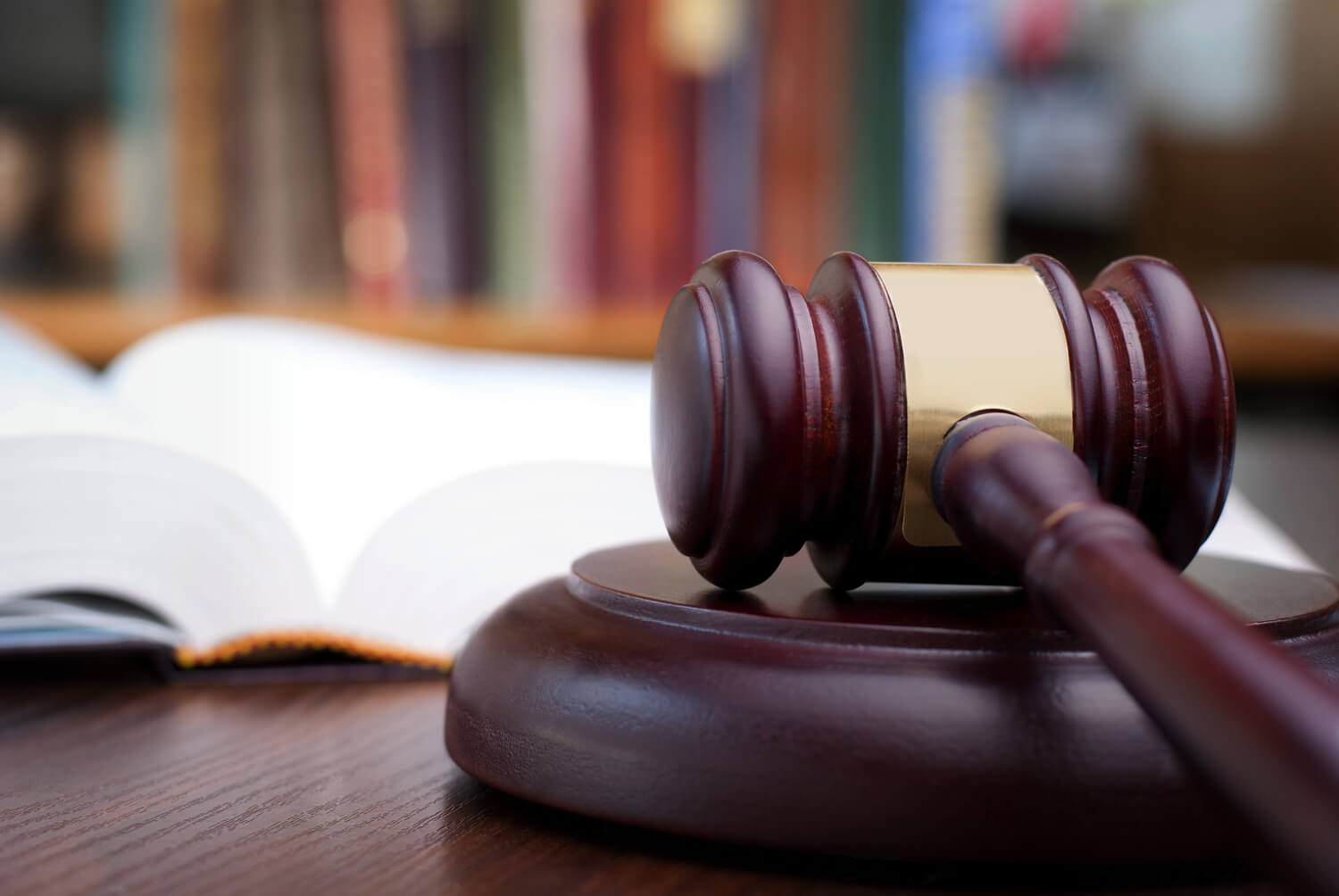You might remember last month's story about the free-speech group that is suing Donald Trump for blocking Twitter users. Now, it looks as if the Knight First Amendment Institute has a better chance of succeeding, after a federal court in Virginia ruled that politicians can't block people on social media.
The lawsuit revolves around Phyllis Randall, chairwoman of the Loudoun County Board of Supervisors, who used her Facebook account to ask constitutions for feedback. Software consultant Brian Davison sued Randall after he was blocked for posting an accusation of corruption against the Loudoun School Board.
"She wants the public to believe she's transparent but then to ban critics," he said.
Despite lifting the ban after 12 hours, US District Judge James Cacheris ruled that as Randall was acting as a public official, she violated the First Amendment by "suppressing critical commentary regarding elected officials."
Randall claims she banned Davison because he mentioned the family members of elected officials and that she wouldn't ban anyone who criticized only the officials themselves.
The Chairwoman's lawyer, Julia Judkins, argues that as Randall doesn't use county resources to manage the Facebook page, it can't possibly represent the government. But the Judge maintains it was a case of viewpoint discrimination.
"The suppression of critical commentary regarding elected officials is the quintessential form of viewpoint discrimination against which the First Amendment guards," the Cacheris wrote in his ruling.
While Randall isn't facing any type of punishment, the implications of the case are far reaching, especially when it comes to Trump and Twitter.
"We hope the courts look to this opinion as a road map in holding that it is unconstitutional for President Trump to block his critics on Twitter," Alex Abdo, senior staff attorney at the Knight First Amendment Institute, told the Wall Street Journal.
